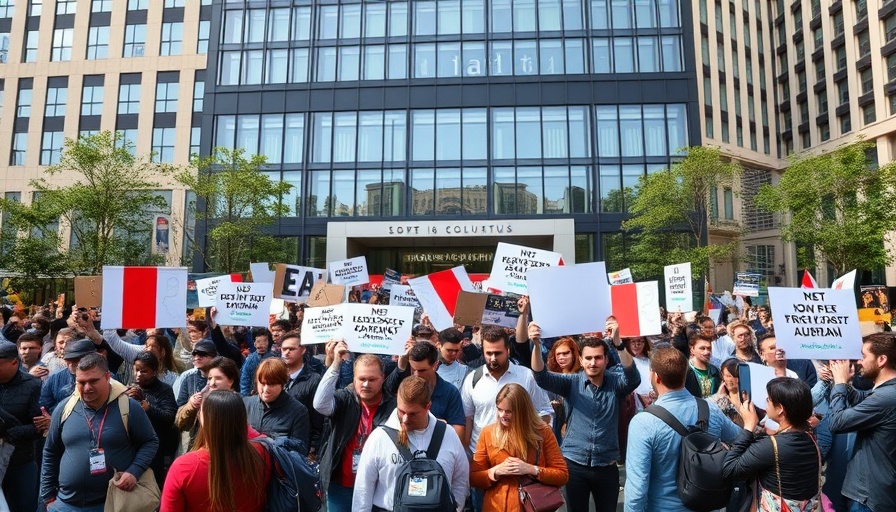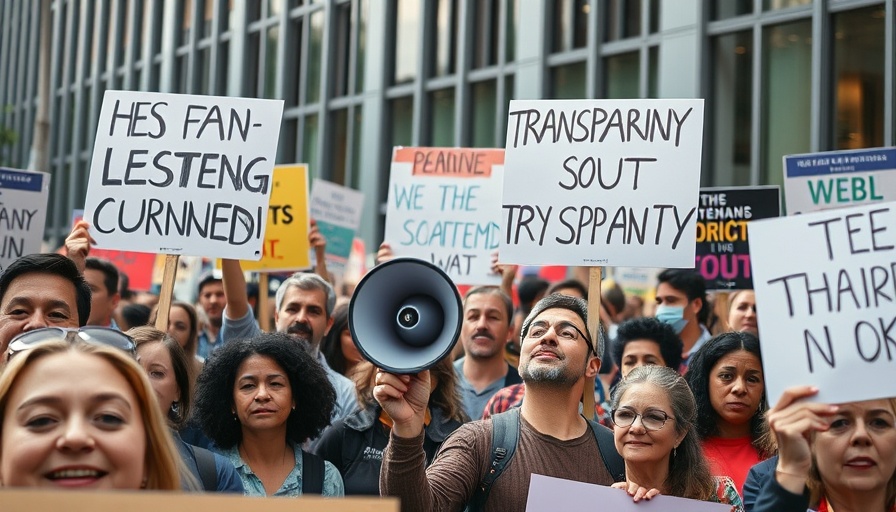
Introduction: The Struggle for Transparency in Ride-Hailing
In recent weeks, rideshare drivers across the globe have united in protest against Uber's controversial 'Black Box' fare system, a pricing mechanism shrouded in secrecy that many drivers argue undermines their earnings and trust in the platform. As Uber's influence grows in the gig economy, this issue highlights the critical need for transparency regarding fare structures and revenue-sharing models.
What is the 'Black Box' Fare System?
Uber’s 'Black Box' fare system refers to the company's lack of transparency around how fares are calculated and what percentage of their income drivers actually receive. Drivers have expressed frustration over the algorithmic pricing that seemingly changes based on factors like traffic, demand, and location without clear communication or understanding from the drivers themselves. As rideshare services become a mainstay for transportation, the implications of opaque pricing affect both driver livelihoods and customer satisfaction.
Historical Context: Changes in the Gig Economy and Driver Rights
The concept of gig work has transformed significantly over the past decade. The rise of platforms like Uber has reshaped the labor market, creating flexible work opportunities while simultaneously bringing forth challenges concerning worker rights. Historically, drivers operated under traditional employment agreements that offered more stability and clearer compensation. However, as rideshare companies adopted gig models, many drivers found themselves without benefits, protections, or a simplistic means of understanding their earnings. Now, they are demanding fair wages amidst rising operational costs.
The Drivers' Perspective: Voices from the Protests
The protests organized by rideshare drivers often feature passionate speeches and testimonials regarding the struggles they face. Many drivers highlight the rising cost of gasoline, vehicle maintenance, and the unpredictable nature of their earnings, which they perceive as unfair given the vast profits Uber generates. This disconnect fuels unrest and poses a significant question: what should drivers expect in terms of fair compensation within the gig economy?
The Impact of Protests on Policy and Consumer Awareness
As protests gain traction, there are implications not just for Uber but for the broader gig economy as well. Advocacy for regulated pricing systems could lead to more balanced power dynamics between companies and workers, promoting fairer practices. Public opinion, shaped by drivers’ testimonials and media coverage, can influence consumer behavior. Awareness campaigns may encourage riders to take a stand for their drivers, prompting a reform in how companies disclose fare details.
Industry Responses and Counterarguments
Uber has responded to concerns about its fare system by highlighting its commitment to driver earnings and customer satisfaction. The company argues that the fluctuating fare model allows for better matching of supply and demand, ensuring rides are available when needed. However, there are counterarguments about the essential need for transparency. Advocates assert that without clarity, drivers are left vulnerable to unpredictable income that can lead to significant financial strife.
The Future of Rideshare and Driver Compensation
The outcome of these protests could serve as a tipping point for the rideshare industry. If successful, drivers may see adjustments to fare transparency and compensation models. This could also prompt other gig economy companies to reevaluate their practices, fostering a movement toward more sustainable work conditions across various sectors. As the market evolves, the balance between profitability and ethical practices remains an ongoing conversation that will shape the future of gig work.
Conclusion: The Call for Change in the Rideshare Industry
Today's protests by Uber drivers underscore a crucial moment in the gig economy's evolution. As communication around fare transparency becomes increasingly vital, both drivers and consumers must engage in dialogues that promote fair labor practices. This issue reflects a broader need for accountability and fairness in an industry where many still navigate the complexities of income potential. As consumers, encouraging transparency can drive change toward a more equitable gig economy.
 Add Row
Add Row  Add
Add 




 Add Row
Add Row  Add
Add 

Write A Comment